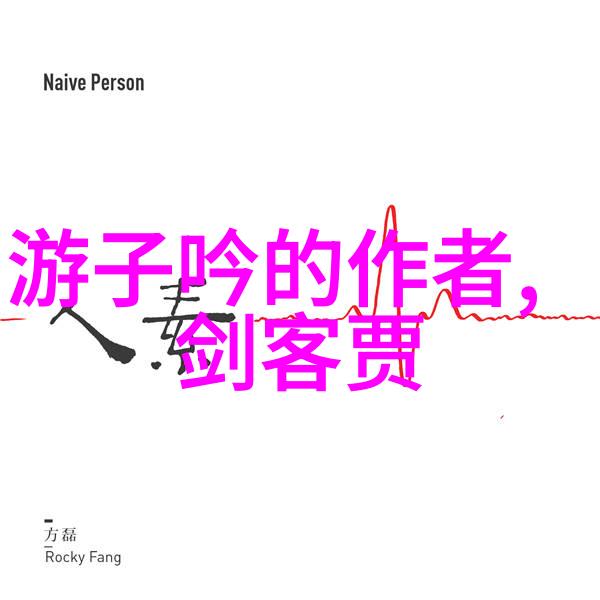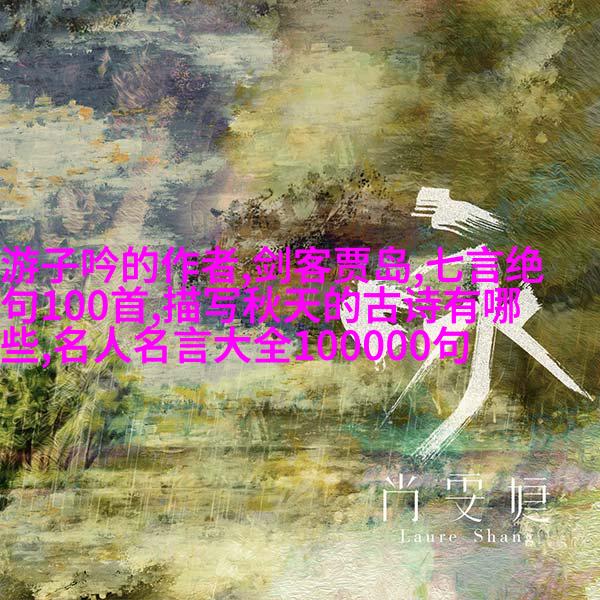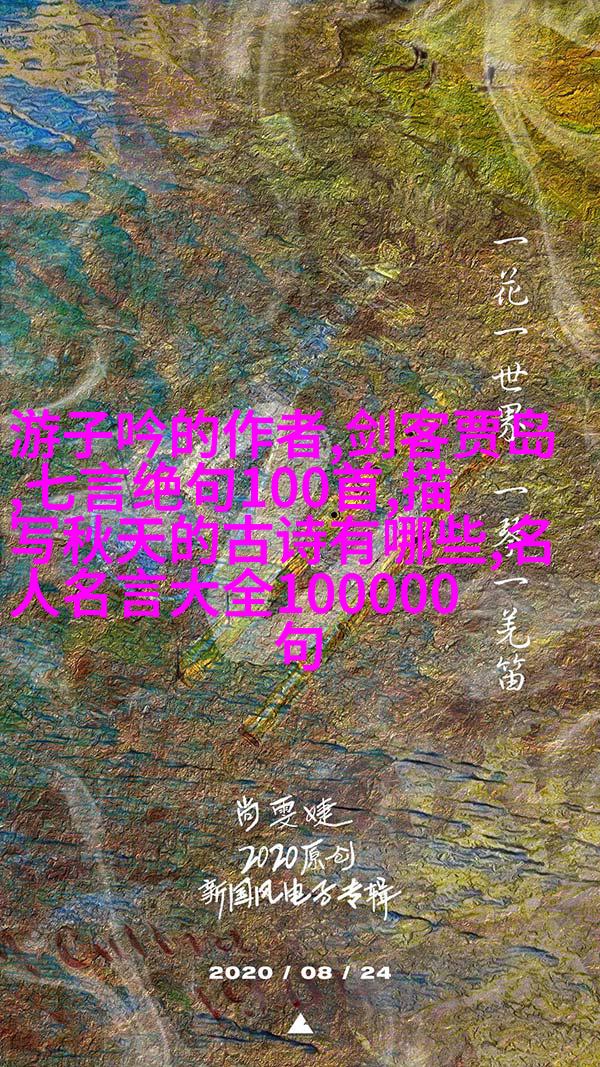婴儿古诗大全0岁的文采风流
在这个充满神秘与美好的世界里,有一种特殊的存在,它们是人类生活中最纯洁、最无邪的见证者——婴儿。他们的笑容如同春天里的花朵,温暖而又清新。而今天,我们要讲述的是一件让人惊叹的事情:0岁的孩子竟然能够创作出古诗。

0岁的小小才子
在这个故事开始之前,让我们先来思考一下“古诗”这两个字背后的含义。它们代表了中国几千年的文学传统,是对往昔智慧和情感的一种表达方式。但是,这些高雅的情操,却被一个刚刚诞生的生命体所掌握。这不仅仅是一件意外的事物,更是一种奇迹般的事情。

婴儿古诗大全:梦想与现实之间的桥梁
为了理解这一切,我们需要回顾一下关于婴儿语言发展的一些科学研究。在很小的时候,孩子就已经开始学习语言,他们通过模仿周围人的声音和表情来进行沟通。不过,如果说这是一个简单的过程,那么我们可能会大错特错。因为,在婴儿的心中,他或她正在构建自己的世界观,而这些构建之初,就有着深远意义。

文化遗产与自然本能
babies are born with an innate sense of rhythm and melody, which is why they can easily pick up musical tunes. Similarly, when it comes to language, their brains are wired to recognize patterns and create meaning from the sounds they hear. So, it's not entirely impossible that a baby could somehow "create" a poem.

But let's be clear: this isn't about babies composing intricate sonnets or epic ballads. It's more about the way their early attempts at communication can sometimes evoke poetic sentiments in those around them.
In other words, while we may not be able to attribute any actual creative genius to these tiny poets-in-the-making just yet (they're still learning how to say "mama"), we can certainly appreciate the potential for future artistic expression that lies within them.

And so as we embark on this journey through the world of infant poetry – yes, you read that right – let us remember that even in its earliest stages, creativity is already at work.
The following pages will explore some examples of what might be considered "baby poems," along with insights into how these tiny creators got there. Prepare yourself for a heartwarming ride filled with wonder and awe!